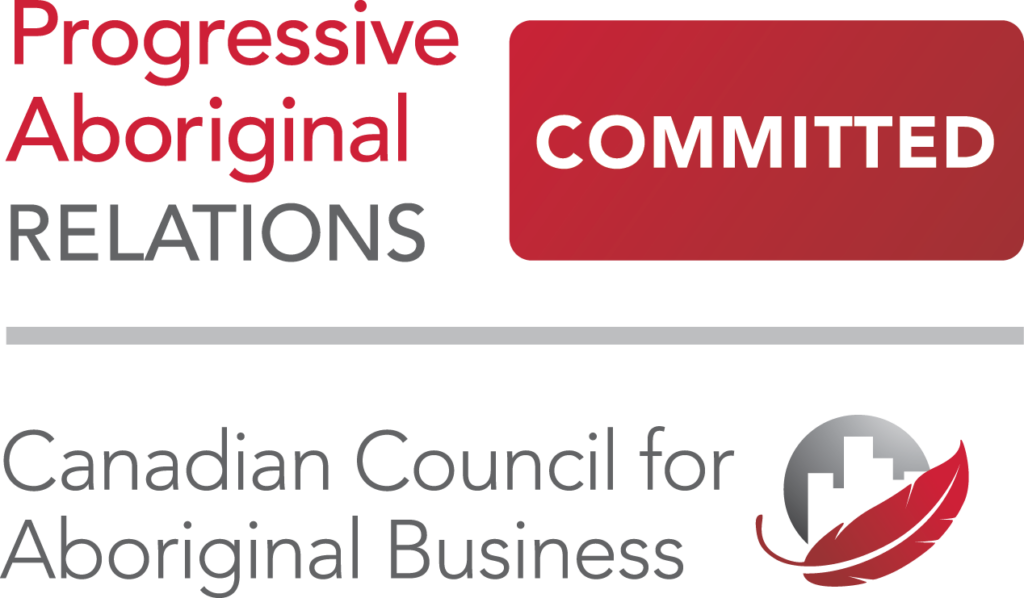Placements provide advertisers with enhanced visibility on an affiliate’s website, social media pages, newsletters, app promotions, push notifications, and more. By providing access to an affiliate’s followers, brands can reach a wider audience or target a specific consumer type. Paid placements often include a flat fee, a commission increase, or sometimes a combination of the two. To ensure it’s money well spent, put the time and effort into planning placements ahead of time and tracking their success or failure afterward.
Here is a clear process of getting the best placement(s) for your brand…
Client Goals & Budget
Before you begin the planning process it is important to know what you hope to achieve. A plan to reach new customers may look different than a plan to increase revenue. Other goals might include brand awareness or pushing a specific deal/offering. At this point, you also want to be clear on the budget for placements, as this will be a factor in determining which publishers you can work with for the campaign. If you do not have a budget available for paid placements spend, some publishers will offer extra exposure in exchange for a commission increase.
Media Kits & Publisher Communications
Once you have your objective and your budget, start to analyse which partners have the right audience for your message. If you have booked any placements in the past, look at how they performed to try to duplicate successes and avoid repeating any miscalculations. Also, look at your top-performing publishers in the program and reach out to see how you can optimize those relationships through placements. Most publishers will have a media kit they can send over with details of their audience, what placements they have available, and the requirements to participate.
SimilarWeb
Use a tool like SimilarWeb to review traffic data from competitors. The referral traffic for websites with similar audiences to your own can reveal new partners to recruit into your program and reach through placements. SimilarWeb will also help to dive into a website’s audience size and geography. There’s no sense working with a partner whose audience is in a country your client can’t ship to.
Analyse Data in Excel
Gather your research and organize it for review to estimate which placements have the most potential to succeed. If you have the average audience size and click-through rate, you can then estimate expected revenue using the publisher’s average conversion rate in the program and the AOV (Average Order Value). While not all publishers or opportunities will provide these data points, it’s always best to ask.
Schedule, Track & Analyse Performance
Once you have been given the go-ahead to schedule a placement, communicate clearly with the publishers to ensure all tasks necessary for implementation are arranged (e.g. signing IOs and scheduling commission increases). Make sure to stay organized keeping the signed agreement (IO), along with screenshots and all your performance metrics, handy and in a format that is ready to share with the brand. Booking the placement is not the end, it’s vital to follow the progress and ensure the placement performed as expected. This will guarantee you have more information next time you’re looking to book a new placement with the same affiliate.
In the end, placements are a great way to reach a wider audience, increase brand awareness, target specific audiences, and optimize with your top partners. Determining placement goals, analysing the data, and keeping track of performance will set you up for success.
If you’re a brand looking to implement more placements for your program or would like to talk to an expert about the type of opportunities available, please don’t hesitate to reach out.












